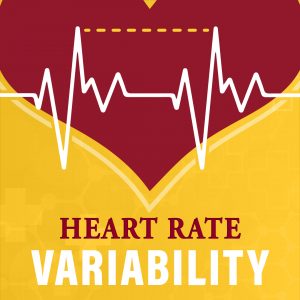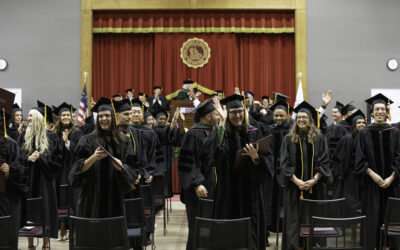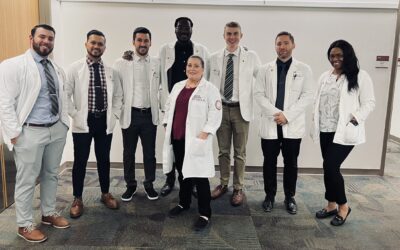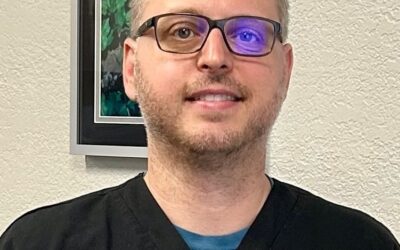 This July 30-31, the College of Continuing Education at National University of Health Sciences (NUHS) is offering, “Heart Rate Variability, What is it, How to Use it in Practice & How You and Your Patients Will Benefit,” on the Lombard, Illinois campus. Heart Rate Variability (HRV) is one of the newest and hottest topics in health care today, and arguably one of the most important biometric tools health care practitioners have available.
This July 30-31, the College of Continuing Education at National University of Health Sciences (NUHS) is offering, “Heart Rate Variability, What is it, How to Use it in Practice & How You and Your Patients Will Benefit,” on the Lombard, Illinois campus. Heart Rate Variability (HRV) is one of the newest and hottest topics in health care today, and arguably one of the most important biometric tools health care practitioners have available.
This hands-on course is designed for physicians and students, and will cover what HRV is, the metrics associated with it, and the science behind it. It will also enable course participants to effectively explain HRV to their colleagues and patients, learn how to administer HRV readings, interpret results and trends, and learn how to apply HRV in clinical practice. Upon completion, course participants will be ready to bring HRV into their own practices and serve patients at a higher level of care.
Knowing one’s HRV is important to help avoid negative health events. It is a metric that measures the variance in the time interval between heartbeats and is controlled by the Autonomic Nervous System (ANS). This makes it a very effective way to measure ANS balance. It is also a very personalized metric that tells a lot about the health of an individual. HRV is different from traditional heart rate (HR), HRV is about the time distance measured between each beat, whereas heart rate is measured by the number of times the heart beats in a minute. In general, a higher HRV is a good thing.
HRV fluctuates, and it is very common and expected to see occasional days of low HRV. However, if HRV is low for more than a couple of days, it indicates that a person is under a lot of stress (physical, chemical or emotional/psychological) and needs help to focus on recovery before something like illness, injury or mental/emotion breakdown happens. HRV can predict the onset of illness or injury up to two days before any symptoms are felt.
“By understanding and using HRV, DCs (doctors of chiropractic) and others are able to serve as guides to help patients raise their HRV scores and improve their own health,” said course instructor David Hopper, DC, OMT.
“Until recently the technology wasn’t accessible outside of hospitals, or without expensive equipment, but recent advances in technology are making it more easily and affordably available,” Dr. Hopper added.
For more information, qualified parties are encouraged to register here




0 Comments